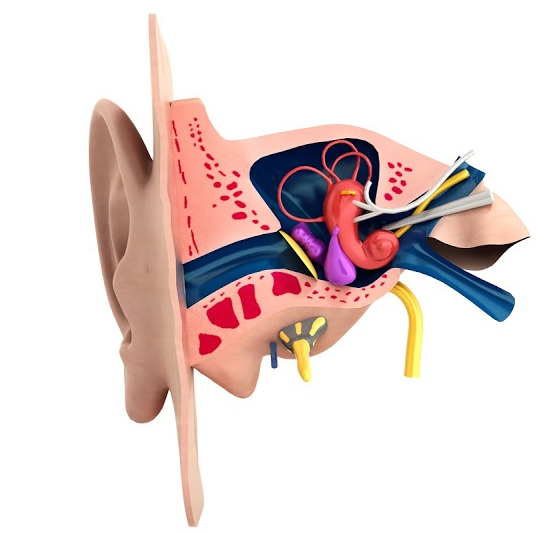Hearing aid users sometimes express issues with their devices and your audiologist is there to help. The most common issues include:
My own voice sounds strange: Hearing aids amplify some or all sounds, including the sound of your own voice. Typically, this becomes less noticeable with time and use. If it bothers you, ask your audiologist for help.
My hearing aid produces whistling sounds or feedback: Hearing aids produce whistling sounds or ‘feedback’ for several different reasons, all of which are easily resolved. The most frequent cause is excess ear wax, which we can safely and effectively rectify using microsuction.
If your hearing aid fits too loosely, it may allow the amplified sound to escape from your ear, in which case the microphone receives this sound, causing feedback. Secondly, you may receive feedback if you stand too close to a surface that reflects sound, such as a wall.
Finally, some feedback problems occur because the user turns the device’s volume control too high. You can easily remedy most of these feedback problems on your own. If you continue to experience problems with feedback or whistling sounds, consult an audiologist and bring your hearing aids to the consultation. We can help you find a solution.
I feel pressure in my ear when I wear a hearing aid: If excess air becomes trapped between your eardrum and your hearing aid, you may experience a sensation of pressure. A hearing professional can alter your device to alleviate the problem if it persists.

